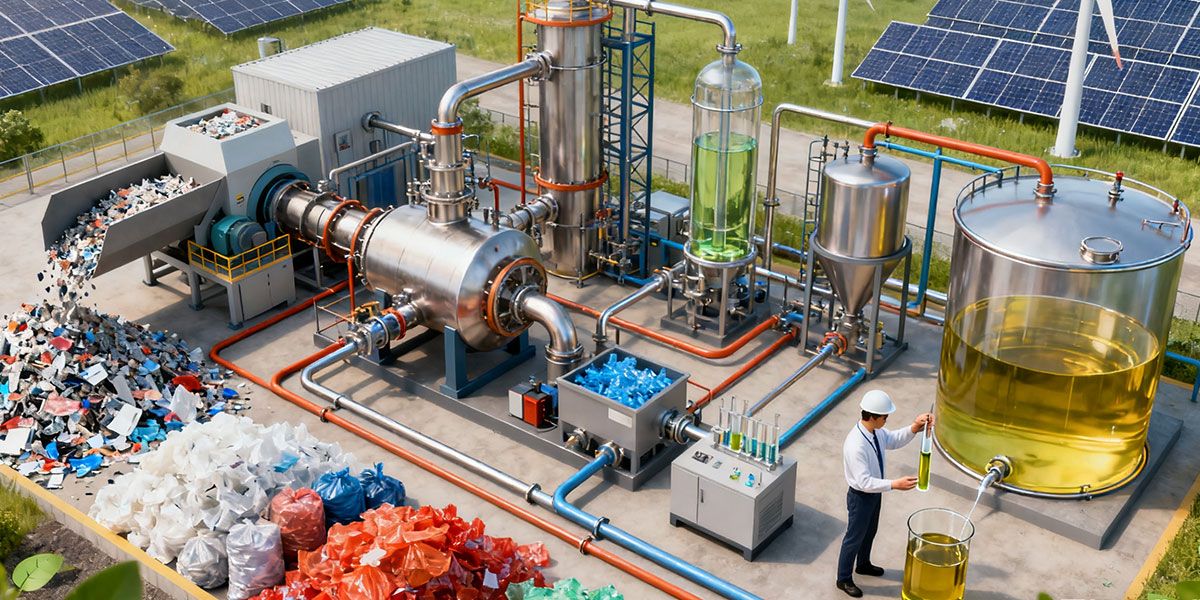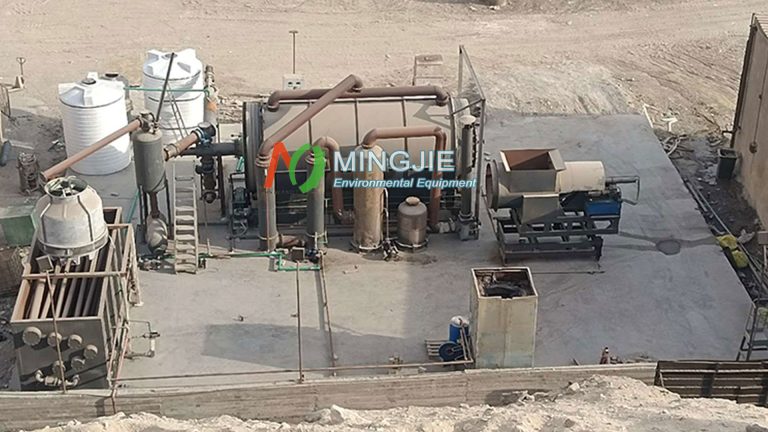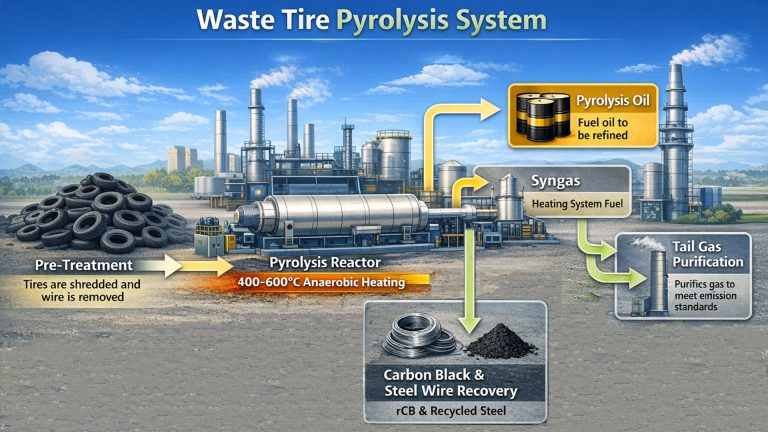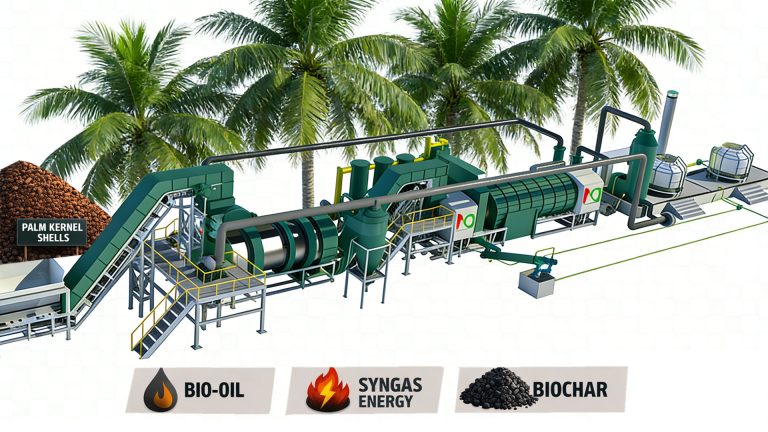Plastic pyrolysis into diesel technology demonstrates tremendous development potential and broad application prospects. It has become a key means of addressing plastic pollution and energy issues, making a positive contribution to achieving sustainable development goals.
The emergence of continuous pyrolysis plant has enabled the continuous and large-scale production of plastic pyrolysis oil. This will continue to improve plastic pyrolysis efficiency, and the product quality will become more stable. As the technology matures and economies of scale emerge, the cost of plastic pyrolysis into diesel project will further decrease.
Pyrolysis of plastic to diesel technology plays a significant role in alleviating the plastic waste crisis and energy shortages. It provides an effective resource for waste plastics, reducing the environmental impact of plastic waste. Furthermore, plastic pyrolysis into diesel provides a renewable energy alternative, helping to reduce dependence on traditional fossil fuels and promote a green and sustainable energy transition.
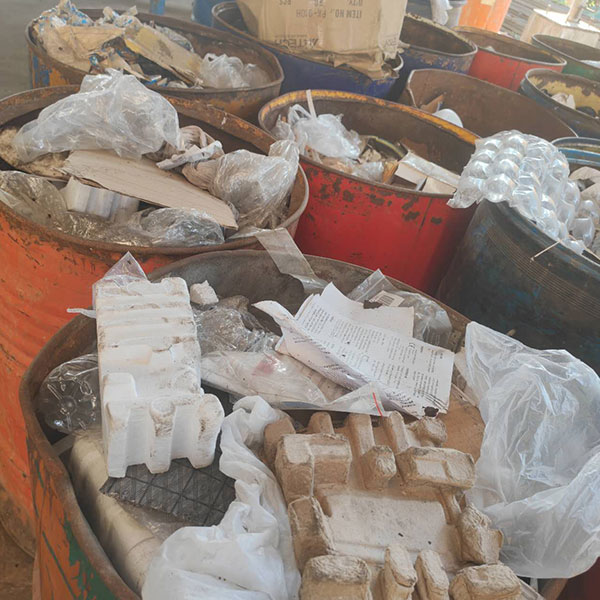
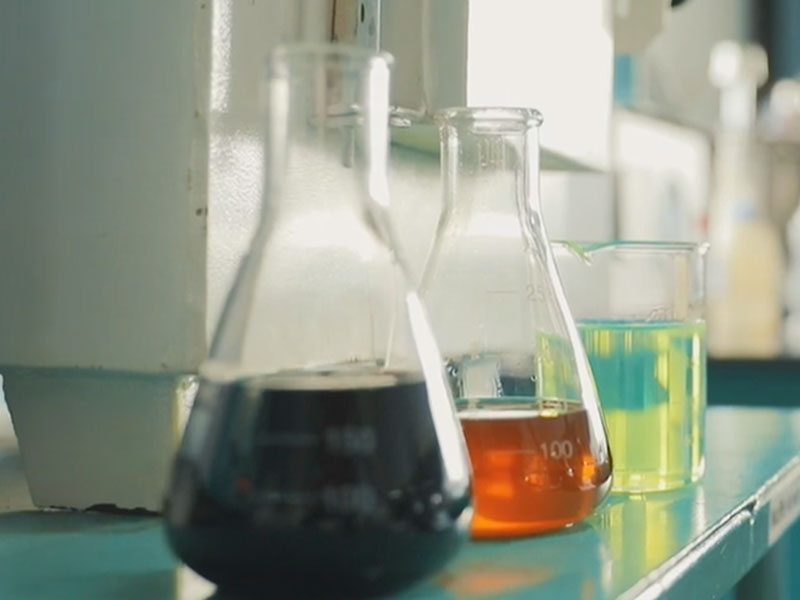
Applications of Plastic Pyrolysis Into Diesel Project
Transportation
In the transportation sector, plastic pyrolysis diesel can be directly used in diesel-engine vehicles, such as trucks and buses.
Some logistics companies have begun experimenting with using pyrolysis diesel as a partial fuel. This can reduce operating costs and reduce dependence on traditional diesel.
In some citie public transportation systems, some buses have been modified to run on a blend of pyrolysis diesel and traditional diesel. This effectively reduces carbon emissions and environmental pollution without significantly impacting vehicle performance.
Industrial Power Generation
In the industrial power generation sector, plastic pyrolysis oil can be used as fuel for industrial boilers, generators, and other equipment. For industrial enterprises with high energy demands, such as steel mills and chemical plants, pyrolysis diesel can partially replace traditional fossil fuels, providing a stable energy supply.
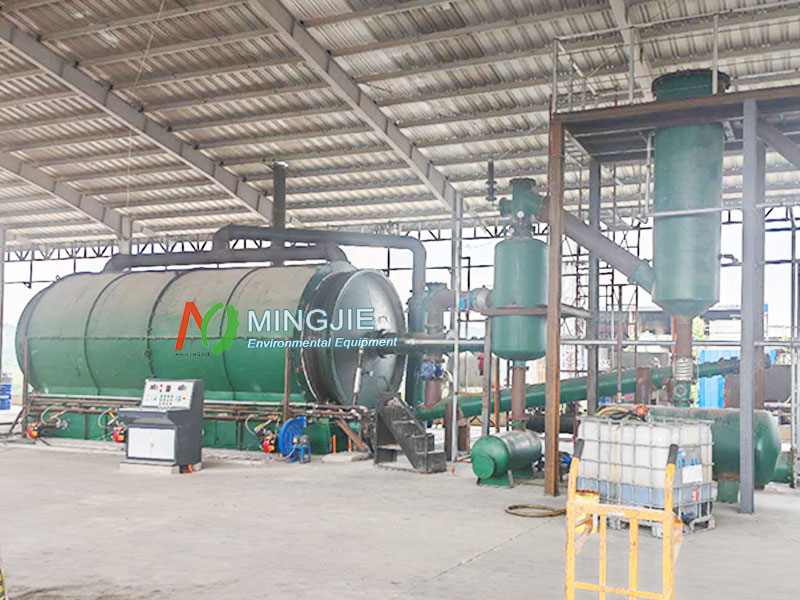
A steel company uses platic pyrolysis oil as an auxiliary fuel to heat industrial boilers. This not only addresses some of its energy needs but also enables resource utilization of waste plastics, reducing production costs and the environmental impact.
Agricultural Machinery
Pyrolysis diesel also plays a significant role in agricultural machinery. Agricultural machinery typically use diesel as a power source, and using pyrolysis diesel can provide energy support for agricultural production.
Particularly in rural areas, where plastic waste is a widespread source, producing diesel through pyrolysis allows for local utilization. Plastic pyrolysis into diesel meets the energy needs of agricultural production and promotes resource recycling and sustainable development in rural areas.
Advantages of Plastic Pyrolysis to Diesel
Plastic pyrolysis to diesel projects offer significant advantages in terms of environmental protection, resource utilization, and economic costs.
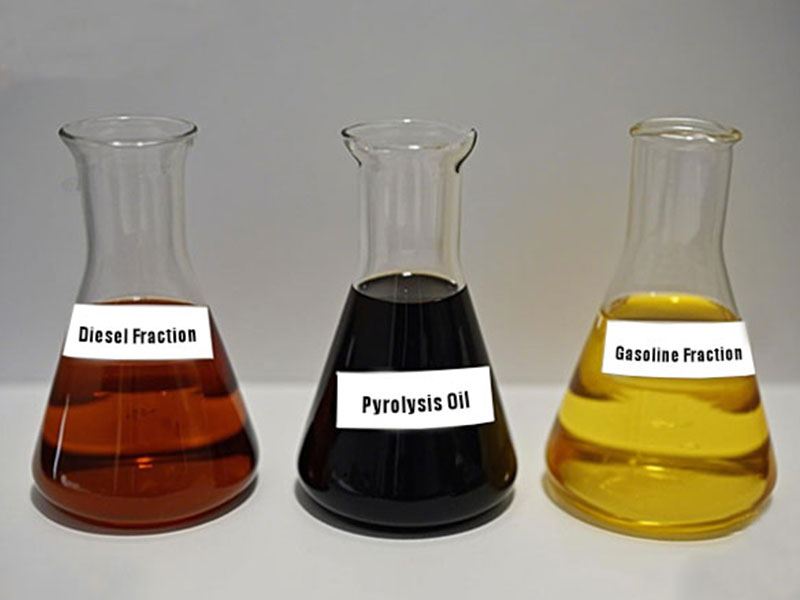
From an environmental perspective, plastic pyrolysis to diesel projects provide a new solution for plastic waste disposal.
By converting plastic into diesel, the accumulation of plastic waste in the natural environment is significantly reduced, reducing its pollution to soil, water, and air. Compared with traditional plastic landfill and incineration methods, plastic pyrolysis into diesel project reduces emissions of harmful gases such as carbon dioxide and dioxins, thereby reducing environmental harm.
In terms of resource utilization, plastic pyrolysis to diesel achieves resource recycling.
Plastics are originally made from fossil resources such as petroleum. Converting waste plastics back into energy through plastic pyrolysis plant is equivalent to repurposing waste resources. This improves resource utilization efficiency and helps alleviate energy shortages. It also reduces dependence on imported oil and enhances the stability and security of energy supply.
From an economic perspective, plastic pyrolysis into diesel offers certain cost advantages.
First, the collection cost of plastic waste is relatively low, and a large amount of waste plastic can serve as an inexpensive source of raw materials. On the other hand, with the continuous advancement of technology and the expansion of production, the cost of pyrolysis equipment has gradually decreased, and the production cost of pyrolysis diesel has also continued to decline. Compared with traditional diesel, in some regions, the price of pyrolysis diesel is more competitive, which can bring certain economic benefits.

